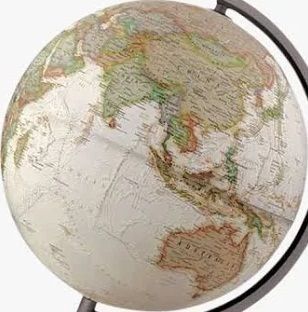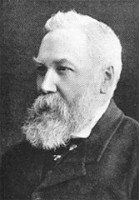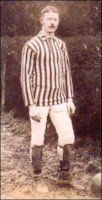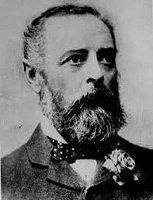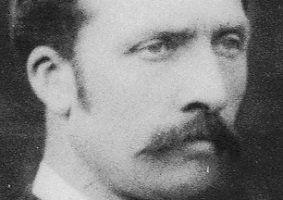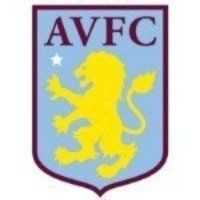
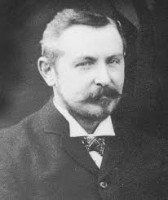
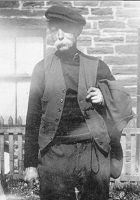
"a capital all-round player and could take any position and give a good account of himself."
It might have been shortly after the 1875-76 season that, whilst Ramsay remained, the Lindsay brothers returned north, James. There names ceased to feature at the Villa. James, who is recorded in his home village in 1881, was perhaps even to found his own local team before seeming to disappear from records. Golspie Sutherland FC is, perhaps not coincidently, the oldest club in all North Scotland. It was formed in 1877, two years before even neighbouring and now Highland League club Brora Rangers and a decade before clubs in Inverness. However, it was at about that same time that back in Birmingham a fourth Scot must have become aware of what had been set in motion and himself become involved with Villa, not on the field but off. His name was William McGregor. He had been born in Braco in Perthshire in 1846, he had served an apprenticeship as a draper in Perth itself before in 1870 following his elder brother, Peter, and two sisters, Mary and Ellen, to Birmingham and in Aston opening a draper shop."Until 1876 there is little of note with which the club can be identified, but towards the end of the season of 1876/77 (ed: this should be 1875/76) they were joined by three Scotchmen, two brothers named Lindsay, who came from Golspie in Sutherlandshire, and Mr G. B. Ramsay.The Lindsays showed the Villa how to play a good back game, and Ramsay, who had for several seasons previous been considered a very fair forward in the Glasgow Rovers, a club which when it died gave several good players to the Queen's Park, taught them dribbling."
and of the football, not Association football, he had played as a child.“Aston Villa (seemed) to me as a club that had come rapidly to the fore and asked me to become a member of it. I hesitated for some time, but at last my friend told me that a "brother Scot," Mr. George Ramsay, was the Villa captain and that decided me. Mr. Ramsay was a Glasgow man and had exerted himself very considerably to bring the Villa team into the front rank.”
It is noticeable from the newspaper description of the early influence of Ramsay and the Lindsays that there is mention of back-play and dribbling. However there is none of what would quickly become the hallmark of Scots football, the "passing game". In fact it is no surprise. The style only developed with Vale of Leven from about 1874-5 and was only adopted by other teams as The Vale proved it worked by winning from 1877 three Scottish Cups in a row. Archie Hunter had in 1877 and 1878 seen it at first hand, for Ayr Thistle in losing in the competition in the semi-final in January 1877, 9-0, and in March the following season the final 1-0 for The Thirds. Indeed, it must have been him that brought it as he came south, Ramsey having been too early, and it was more than likely reinforced when at Villa the following year he was joined by the next of his three elder brothers, Andy. He too was a very talented player, who, it was reported, in Scotland had not only played, like his brother, for Third Lanark but also, it is said, for Vale of Leven itself. Then there was a third brother, John, older still, who not only also played for Third Lanark in two losing Scottish Cup Finals but won four Scotland caps too and the eldest, James, also said to be a sportsman but twenty years senior and therefore in his prime before football arrived."football in those days was very different to what it is now or ever will be again. There were no particular rules and we played pretty much as we liked; but we thought we were playing the Rugby game, of course, because the Association hadn't started then. It didn't matter as long as we got goals; and besides, we only played with one another, picking sides among ourselves and having friendly matches in the playground. Such as it was though, I got to like the game immensely, and I spent as much time as I could kicking the leather."
“Every year it is becoming more and more difficult for football clubs of any standing to meet their friendly engagements and even arrange friendly matches. The consequence is that at the last moment, through cup-tie interference, clubs are compelled to take on teams who will not attract the public.I beg to tender the following suggestion as a means of getting over the difficulty: that ten or twelve of the most prominent clubs in England combine to arrange home-and-away fixtures each season, the said fixtures to be arranged at a friendly conference about the same time as the International Conference.This combination might be known as the Association Football Union, and could be managed by representative from each club. Of course, this is in no way to interfere with the National Association (The FA); even the suggested matches might be played under cup-tie rules. However, this is a detail.My object in writing to you at present is merely to draw your attention to the subject, and to suggest a friendly conference to discuss the matter more fully. I would take it as a favour if you would kindly think the matter over, and make whatever suggestions you deem necessary. I am only writing to the following – Blackburn Rovers, Bolton Wanderers, Preston North End, West Bromwich Albion, and Aston Villa, and would like to hear what other clubs you would suggest.I am, yours very truly,William McGregor (Aston Villa F.C.)P.S. How would Friday, 23 March 1888, suit for the friendly conference at Anderton's Hotel, London?”
